ELECTIONS MANAGER REPORT-(Editor’s Note: This is a lengthy report, agreed. But CityWatch is publishing it because it is an important report, well done and offers solutions not just fault-finding. And, because solving these Neighborhood Council election issues … in particular those related to exclusion … to the future of Los Angeles’ Neighborhood Council System.) In the 2016 Neighborhood Council Elections we encountered many new and positive experiences; but there were also many issues that caused confusion and were detrimental to the process – leaving much of the voting public with a negative view of the election process, procedures, the Department of Neighborhood Empowerment (DONE) and the City Clerk.
Voters have placed much of the blame on the City, but from the beginning, issues with the voting process and resulting misunderstandings stemmed from the individual neighborhood councils’ bylaws and their attempts to limit or exclude certain stakeholders within their districts.
First and foremost, it should not be harder to vote for the Neighborhood Council than it is to vote for the President. One thing that could help is the standardization of the ballot voting models. They don't have to be identical -- there could be three or four choices -- but it probably isn't necessary to have 96 different models because so many of these iterations are actually attempts to reach common goals.
For example, some of the most difficult to navigate models this year were born of attempts to thwart community interest takeovers. There are other ways to prevent that without alienating the entire community by using oppressive restrictions; most likely, the NCs are trying to figure out their own solutions to issues like these without much guidance. So why not identify a short list of priorities or board structure types? Why not build a ballot/voting model around each of these items, then create a menu for the next election cycle from which the NCs can choose? Such a menu could outline the ballot voting model and list its advantages. That way the system would be streamlined in a way that serves the needs of the NCs.
Now might be a good time to consider ballot voting model reform, since voter documentation has been the subject of recent and ongoing federal court cases. Though quite a few states have passed some sort of voter ID laws, several states have come under scrutiny, and some have been ordered to amend laws that were too restrictive. The ACLU has spoken out against demanding voter IDs, as well. Since it's normally the states’ job to decide on issues related to voter documentation, and since California only requires an ID number (not a copy of the ID) to register, it may actually be best, from a legal standpoint, for the NC system to comply with the state law, especially since the rest of the City does. The NCs cannot hope to become a legitimate part of City government if they continue to operate under qualitatively different laws in this fashion.
Another major problem with the elections is that the process is often not well-promoted at the local level. Although EmpowerLA has had some responsibility for this, promotion is mostly left in the hands of the NCs and the candidates. But some board members don't know how to promote well enough to get the people already on their mailing lists to come to meetings -- so doing the kind of promotion that would bring new people into the election process, as candidates and voters, is beyond their reach.
Other board members know how to promote, but if they're running for reelection, they might be reluctant to find their own replacements and so deliberately do not court well-qualified, popular candidates who might bring people to the polls. There are a couple possible solutions for this: EmpowerLA (ELA) can run workshops to train Elections and Outreach Committee members in the months leading up to an election. Or, the way NCs allocate their elections budget can be changed so that part of it goes toward hiring their own outside Elections Manager with event planning and promotion experience. ELA can create a list of approved vendors for this job, much in the way the Department already helps NCs choose vendors for their websites.
Certainly, one of the biggest issues is that City Council does not adequately fund NC elections so that staff can be hired early enough to thoroughly vet the process. Better funding would ensure that all of the necessary components needed to run a smooth, efficient and transparent election cycle could be bought, leased or developed in a timely manner.
Below is a list of (1) what was new in the 2016 NC Elections; (2) negative issues surrounding the elections; and (3) potential changes that can make the 2018 elections successful.
What was New in 2016
- Supplied all NC’s with household data for mailings.
- Candidate trainings by regions.
- Mayor’s PSA English and Spanish, channel 35 and online used for TWC ads.
- Poll Worker pay for all workers.
- IEA pay and schedule.I
- Individual Independent Election Managers.
- Staff working with “Selections.”
- Artwork collaborated to NCs.
- Citywide artwork campaign.
- Bus benches and pole banner advertising.
- Weekly dedicated Election newsletter.
- 1st time 3 polls for 1 selection and system to track voters.
- Interactive maps to locate voter qualifications.
- Fee free annual street pole banner permit from City Council.
- Pre-registration of volunteers and poll workers for Election Day.
- Staffed selections for the first time.
- Automated counting by the City Clerk.
- Nationbuilder: see notes below.
Negative Issues in 2016
- 6 Neighborhood Councils failed to hold elections due to a lack of candidates.
- Failure to provide updated bylaws in a timely manner causing challenges, staff time loss, and litigation.
- Failure of NCs to provide both stip sheets.
- Calling both “stip sheets” was confusing to the boards.
- Failure of some NCs to have an annual budget on file.
- Lack of training for board members of the election process.
- No training for online voting process.
- Online and paper Registration was too difficult for the average voter.*
- Some stip sheets never reviewed causing incorrect ballots.
- Wrong information posted on EmpowerLA elections webpages.
- Lack of tablets early on in the election process.
- Confusion over seating of board.
- No staff training for election staffers.
- Lack of specific job descriptions causing staff issues.
- Internal Voter portal not secure, causing 2 breaches of data.
- E1C failure to provide voter portal until 3 days before the last election.
- E1C failure to initiate emails.
E1C failure to have registration portal correct until 3 days before last closing period.
Online marketing director brought on to staff with no mission, direction, or budget to work with.
- Failure to train work-time keeping.
- Online marketing staff hampered by lack of funding, direction, and mission.
- Due to shortage of staff and no shortage of jobs to do, there were periods where the verified voters were not transmitted on a timely basis to E1C, causing many calls and email complaints about length of time to receive pin and passwords.
- Failure to educate voters registering for online that they would not receive their pin and password immediately upon registration.
- Documentation issues and its confusion caused to both voters and candidates.
- Rules for grievance panels made up “on the fly” and then changed when the outcome was “wrong.”
- Allowing third-parties to affirm the creation of legal documentation for voters.
- Too many “chiefs” led to conflicting and confusing information and internal conflict among staffers.
- Polling place staff assignments arriving the night before an election.
- Constantly changing election rules and manual.
- Communications on Election Day between DONE staff and Elections staff. Many issues where changes were made due to wrong ballots or bylaw interpretations in which DONE staff made a call on the voting but did not transmit the instructions to elections staff or City Clerk staff, causing under votes and failure to count some initial votes.
- Expectation that Board members would recruit candidates to run against them.
- NCs not wanting to spend their money.
- NCs not wanting to do outreach.
- NCs not wanting to have elections.
- “Rainbow sheet instructions” to poll managers not matching an NC’s bylaws.
- Failure to hire Director of Elections early in the process.
- Nationbuilder: see notes below.
- Everyone Counts 24 hours help line, was not always available.
- Issues of ballots vs registrations and human error in verifying if someone voted online and was trying to vote again at the poll.
- All portals should have been fully tested and functional no later than September of the year before the elections. Testing in mid-February for portals that are already live is bad business.
- Clarification of ballot model is needed. If seats are not challenged, do we put those seats on the ballot anyway? (If no seats are contested, no election). Some councils had only one of a number of seats contested. If a seat is not contested, should it be on the ballot? If no seats are contested, is it election by affirmation, or do you still hold an election and do ballots? The issue is cost savings of taxpayer dollars.
Potential Changes and Resolutions for the Future
- Election manual update to clarify many ambiguous issues.
- Acceptable Forms of Documentation manual needs a major update and clarifications.
- Bylaws cut-off and internal maps and Ballot voter models earlier dates and added to bylaws as attachments.
- Remove documentation-self affirmation only.**
- Take away all elections from NC’s and hire election managers for all.
- Have staff fully involved in ALL selections.
- Mandate spending $10,000 to $13,000 for outreach.
- Hire Election Administrator to begin process in fiscal 2016.
- Hire Election Staff much earlier.
- Get to all boards before the end of 2016/2017 fiscal year and get leftover funds for 2018 elections. Have Board vote 2017/2018 budget money for elections.
- Don’t allow Boards to control their election funds - no special board meetings.
- Mail every registered voter a ‘vote by mail’ application.
- Online all single ballot and self-affirmation NCs.
- Potentially mandate all NCs’ self-documentation.
- Consider changing stakeholder definition to live in the area only.
- Reverse elections by date and region 2018.
- Seat all on July 1, 2018.
- Lease proper electronic equipment and software for smoother online registration.
- Have unified collateral ready by end of 2017 and offered to the NCs for marketing the elections in 2018.
- Have one head of elections. This will eliminate issues with staff and voters alike.
- When funds have been frozen: This is a major marketing issue as well. NCs with frozen funds should have a special process for election materials so as not to hamper the candidate and voter turnout.
Seat designations are too cumbersome and need to be simplified.
If keeping documentation, the manual needs to be laser focus amended to specifics. NO more self-written affirmations.
There were complaints that the NC bylaws require a ⅔ vote to amend, but that the stip sheets, which override the bylaws, only take a simple majority. It’s a violation of the intent of an NC’s bylaws.
Combine all stip sheets into one. Having two stip sheets both named “stip sheets” was redundant and confusing to boards causing many to believe they already filed their stip sheet, when in fact it was the 2nd stip sheet that was missing.
Hire professionals to design the 2018 election collateral materials and negotiate with vendors well in advance for outreach opportunities.
Nationbuilder
An online service, Nationbuilder was contracted. The purpose was to gain the voter data from the County Registrar and populate the NC’s data base to market to those voters to join us in the NC elections.
Most NCs found it hard to sign up for and use. Asking the department staff to do the marketing to the individual NC universe was met with resistance.
Unfortunately, thinking through the process, there was a hitch: If in fact, the NCs used the system well, and some did, it caused us to be shut down for spamming. While NCs were promised the service, many could not use it as it was shut down in mid-elections. Additionally, some were able to move the data into their own website contact list.
The Department did use the system to outreach to over 100,000 registered voters. But, it was then shut down in midstream.
Overall, Nationbuilder could have been a great tool for voter outreach, but it was not thought out thoroughly causing confusion and frustration; it consumed too many staff hours.
Online Electronic Voting
There have been accusations that the online voting was compromised and that it did not work.
For the record:
- Pre-registration was very difficult for many and needs to be revamped using driver’s license scanners and QR code printers and readers. This will speed up registration and voting and make it much simpler at the registration desks.
- The online system used must be made more user friendly as many attempting to register at home gave up. Uploading documents was cumbersome for many, causing them to not register online.
- Pop up polls were hugely successful. Defined rules about pop up polls need to be drawn up and this system should be implemented with protocols and in larger numbers. Go to the people and they will engage. Allow equal opportunity for everyone to have a pop up poll. Be sure to designate an electioneering zone.
- Day of election registration needs for bullet point #1 above to be implemented. In addition, additional staff and laptops need to be secured. Tablets are too small and not easily used in registration.
- Better protocol needs to be in place to report the preliminary results on the same night on all online NCs.
- The period of early voting should be extended. Three weeks was not enough time to get a full effect.
- Further define the definition of electioneering. It is broad, ambiguous and unclear to all, including grievance panel members.
- With regard to the challenge process: it is important to further define the penalties allowable for the various offenses. They need to be spelled out clearly.
- The actual election (tablet voting) was smooth and effective. It should be encouraged.
“Everyone Counts” did not perform all items as it should have, including but not limited to the voter registration portal. This should be calculated and debited from any payments made to date.
Election Manager
The Job Description: Needs more defined tasks and expectations and to be reviewed between client and EM so there is an agreed upon scope of work for the time given to work.
All election budgets should be worked on in tandem with the Elections Manager (EM) so the client gets the most use out of the talent they hired. Otherwise, that EM is rewriting budgets, going to multiple committee and board meetings to get board approval on every line item. Once approved by the Board, the EM should have control of the election budget and not have to wait for votes on every item. Minutes take 30 days to approve and are not immediate enough to provide proof. One printer carried $25,000 of debt to help facilitate NC printing.
All Election Committees should be formed one year out. Candidates should not be members of an Election Committee and it is recommended that the President not double as the Election Committee Chair.
All Election Committees should have set monthly meetings one year out.
Every NC should have a web page set up in advance with URL /Elections 2018.
The compensation of $2000 is fine for certain NCs' needs but insufficient for others. There is a wide range of variables that can take up the EM’s time and expertise. These include everything from those NCs that are in exhaustive efforts to those NCs that have everything locked up and are 100% on target with needs and expectations. There are NCs that have fragmented Election Committees and Boards (no consistency in meetings and attendances leads to delays in execution and approval process); NCs that have worked 7-days a week and evenings/days; NCs that have added more work to the already scope of work, etc.
The EM should have core direct response, advertising and media planning and buying skills. This is IMPERATIVE to add value for the client and be able to lead with experience and garner the best results.
ELA and Funding needs to have "triggers" in place for "if/when" scenarios. EMs and even ELA learned too late in the game that no annual budget was on file at ELA.
Expediting vendor payments should be done through EM or Election Chair/Outreach Chair and Funding. Having too many handlers loosens the control mechanism for execution. Turnaround varied and thankfully, since I knew the players at ELA, I could check on the status of payments because I made it my business to follow up and provide a full itemized budget with vendor estimates and names per line item.
ELA needs to provide each NC with the name and contact info for their field reps so they know their liaisons at ELA. Each field rep should be connected to the Election Committee and EM.
Early on, we created a Google Folder for IDEAs to NCs to EMs to tap into for Election files, agendas, schedules, timelines, templates, artwork, icons, images, free tools, etc. This is helpful since it enables the NCs to have (a) uniformity in "election" materials for ELA approved images; and (b) one-stop-shopping for outreach.
Empower people. Trust who is hired once you understand that person's talent and aptitude.
Allow mistakes to happen so as to learn from them. There is enormous value in trying.
The NCs were confused when it came to event forms, contracts, who should review them, how long it would take, etc. Again, we need clarity as to who, what, where, when, why and how -- it's all in the education up front. NC funding should not control Election events – they often happen on the spur of the moment. NCs should be allowed to vote a bulk amount of election funding and hand that over to the Elections Manager with the work plan.
There should be a board transition MOA drafted this year with insight and feedback from NCs. Many felt short-changed in their tenure to serve. Many were unsure of the actual start date of the new board.
Board Transition needs to be fully flushed out and part of the "candidate" education so NCs can start letting prospective board members know what to expect. This includes the number of meetings per month; the number of hours per meeting; the number of committees to join; who can attend meetings; what are bylaws; who is ELA and how they fit in; who "protects" NCs; what does being "elected" really mean for a Board Member; what happens when a board votes and you are not in favor of that final vote (how to speak and not speak as a board member), etc.
Many (in some NCs in the Valley) don't like always being first up for elections.
Some NCs don't like being told that elections must be held on a certain day (weekdays vs. weekends.)
Poll Workers
Training
At the least, there should be two sessions of in-depth training/workshops for poll managers and poll workers that are focused on both traditional and online poll sites. Short or non-existent trainings resulted in long registration lines, mistakes and confusion when it came to multiple ballot NC voting.
Current poll worker training consists of three videos online that are task specific, an optional one-hour long training conducted by department personnel that was choppy and not engaging.
Workshops should be mandatory, paid, “theatrical” and hands on.
Communication
Online voter registration process: The amount of web click-through that it took to reach the online voter registration was counter-intuitive especially when there was an older demographic coming through. Logging in, back into the registration, to submit an attachment (Document) was confusing; we almost never saw anyone take that route.
A huge factor that contributed to individuals having difficulty submitting headshots or other non-related documents was the lengthy wording and descriptions on the EmpowerLA registration form. It was not at all user friendly or comprehensible to the general public. A clearer, to-the-point registration form link that is located on the front page of the Empower LA website during the election cycle is a better alternative for the future.
Too many last minute instructions existed concerning tasks, deadlines and policy.
Online Assessment
In reviewing the online elections, my observation is as follows:
We should separate the components of online into: pre-registration, early voting, day of registration and day of voting, Pop up Polls.
The weakest and most concerning issue is registration. The criticism we received consistently was that registering was just too hard or too cumbersome. Many voters were turned off to the process.
I recommend changes such as driver’s license readers and slip printers that would have made the day of registration run more smoothly, allowing staff to better register and allow people to vote. We had issues with the handwriting of pin and user names, causing voters to come back to the tables complaining that the information they had was not working. In some cases, we had to revert to paper ballots due to the number of people wanting to register that staff could not handle in a timely manner.
The pop up polls were successful. Having staff input the information so the voters could vote immediately showed a more than 20% increase to the numbers.
Regarding the day of voting itself, I believe it was a success. It took less than two minutes for a voter to cast his/her ballot. Even voters who were computer challenged had very little issue with the process.
There were questions by stakeholders when there was a pop up poll but no voting. This was because the pop up poll was done outside of the 21-day early voting period. This should not happen moving forward.
Making the registration a more seamless process will greatly enhance the usability of the online voting system. Changing bylaws and documentation requirements will also smooth out many of the wrinkles we experienced.
The online portal:
E1C failed to deliver the voter registration portal until three days before cut off of the last election.
ELA did a superb job in creating a voter portal. But the DONE portal was not fully secure, causing the Studio City NC problems. This is a financial issue that should be reviewed due to the contractual obligations of E1C not being met in a timely manner.
The contract with E1C specified that the first payment year would include a build out of 50 NCs. This was not achieved and the fiscal impact should be reviewed.
I would recommend that an audit of the RFP vs the final contract be done to ensure that the contract in fact mirrored the RFP.
The vendor promised a 24-hour help line. We had many complaints that stakeholders called the number and left messages that were not returned.
Post election, it has come to the department’s attention that in at least one case, there was duplicate voting. In addition, in auditing the NC in question, the number of ballots cast does not match the number of registrations submitted. This was by a significant number, causing many additional staff hours spent auditing, as well as fielding concerns by stakeholders that there may have been voter fraud.
The system to catch a duplicate voter is flawed. It relies on human cross checking and is not seamless.
This issue, as well as registration, must be addressed before moving forward with any future plans for online voting. One NC has confirmed duplicate votes. It appears that it was caused by human error. A full investigation and report is forthcoming from DONE. (This issue is still outstanding, I believe.)
Outreach
The continuing issue of asking NCs to find their own competition is a major reason for the low voter turnout.
The department did more outreach this year than in prior years, but it was hardly enough.
Taking away election responsibility for marketing and branding the campaign is crucial to building the success of online as well as analog voting, as well as the visibility and awareness of the NC system as a whole.
NC’s budget for 2017/18 will be in place next May. Election funding should be in those budgets, not an afterthought. Staff needs to be hired to visit each NC with an outreach plan for the budget no later than April 2017.
Public Perception
At many of the polls, especially where documentation was required, the voters perception is that DONE created the rules, and DONE is disenfranchising voters. On too many occasions, from Studio City to Central San Pedro, to Venice, to Park Mesa to Sunland Tujunga, voters complained about the department’s rules about documentation.
While the voters are incorrect, the reputation of the department is sullied while the issues actually occur due to the neighborhood council bylaw restrictions imposed.
This goes back to reviewing the policy of acceptable forms of documentation, the rules for self affirmation vs documentation, and considering a method to better standardize bylaws. These issues need to be vetted and addressed before the end of the first quarter of 2017.
Bylaw changes
During this cycle, there were issues with receiving amended bylaws after the BVM was created. This caused confusion, and in one case, having to run an election outside of the City Clerk system.
I suggest that all bylaws must be completed by DONE staff no later than April 30 and sent to the elections team to build the BVM’s. NCs should be encouraged to review their bylaws immediately and trained consultants should be made available to work with them. The bylaws process often takes many months to do properly. The stip sheets should be incorporated into the bylaws (Attachment C) so that the ⅔ approval process is honored. The BVM should be attached to the bylaws as Attachment D.
Challenges
The new challenge process was rocky at the start, but after the problem at Studio City, it was seamless.
The definitions of electioneering and some other portions of the acceptable challenge manual need to be reviewed and clarified. In addition, the acceptable forms of documentation that are required need to be reviewed. Doing so would reduce the challenges dramatically. This year we had 97 challenges vs 97 in 2014. Of the 97, we had 11 duplicate challenges. We had two panels hold hearings of challenges that were upheld. That is two more than in 2014.
The EA team at Piper Tech handled 5701 online voters. Of those, 1497 did not verify. As I am no longer on staff, DONE needs to match the pre-registered -- but not certified -- with the actual voters list to determine exactly how many were lost.
In addition, the EA team fielded over 15,000 customer service emails and phone calls.
Funding and Savings
Overall, the budget that was allocated for elections Assistants, IEAs and marketing was served more efficiently this year.
It is estimated that we saved approximately $51,000 from the overall budget covering EAs, IEAs and marketing.
Selections
In the past, DONE has NOT been involved in helping those councils that have Selections. This year, we helped staff and brought collateral to most of the NCs that held selections. As is the case of Central and Coastal San Pedro, there were more robust turn outs and engagement.
Since the Charter/Plan/Ordinance allow either Elections or Selections, the department should be fully involved in helping to guide and properly hold selections. This will benefit the community as a whole.
Conclusion
First and foremost, the City Council MUST fully fund elections including early hiring, sufficient allocations to do marketing and outreach, and fully funding ALL of the tools needed for a smooth and efficient online election process. This funding must happen no later than December 2016 in order to have the lead time to start the 2018 election process.
Online elections overall were a success. The fixes needed will make them hugely successful in the future and a model for citywide elections.
Working on the major points above will allow for smoother, less controversial and more secure elections.
Doing online, plus adding a vote by mail application mailed to every household, will open the system up to full exposure and an increase in participation.
Changing and standardizing bylaws will make it easier for the City to administer the elections, easier for stakeholders to understand the process, and will ultimately open up elections to a simple process versus a process built to keep people out.
Negotiate with Everyone Counts for a rebate due to failure to perform contractual obligations. (Failure to deliver components timely, including but not limited to the Voter Registration Portal.)
Budget for and hire staff earlier.
Design and implement a syllabus of training for election staff and for certain staff members who are interjected into elections.
Allow the Election Manager to manage without interference. Have that person report to either the DONE General Manager or, if elections are run by the City Clerk, report to the City Clerk.
(Jay Handal served at the Department of Neighborhood Empowerment for ten months as Election Manager for the 2016 Neighborhood Council elections. He is Treasurer of the West Los Angeles Sawtelle Neighborhood Council and Co-Chair of the Neighborhood Council Budget Advocates Committee for the upcoming 2016-2017 fiscal year.) Edited for CityWatch by Linda Abrams.

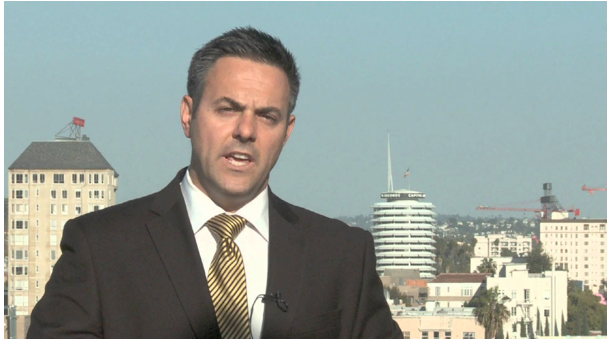
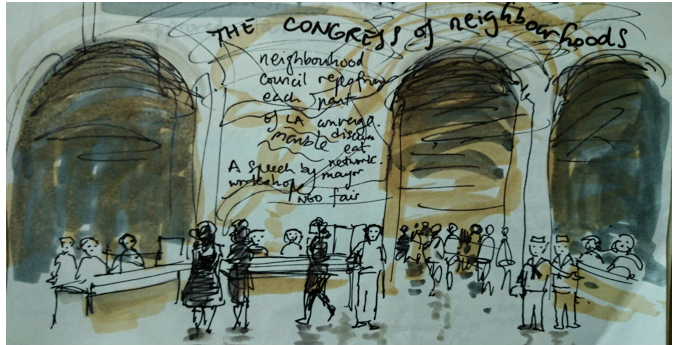
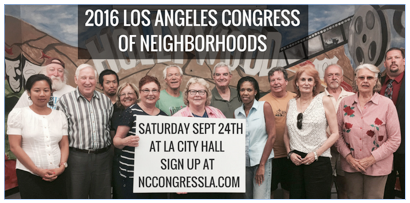 he discussion of cutting City Council pay by half.
he discussion of cutting City Council pay by half. 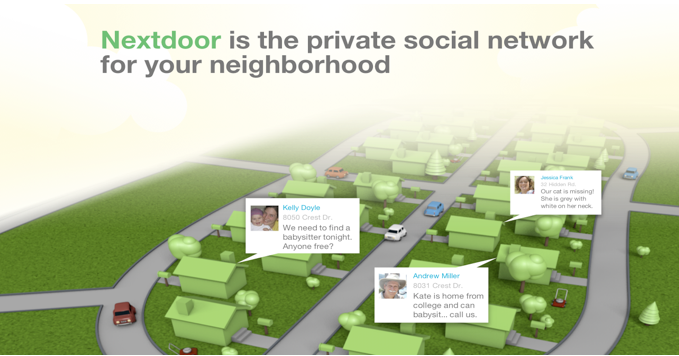
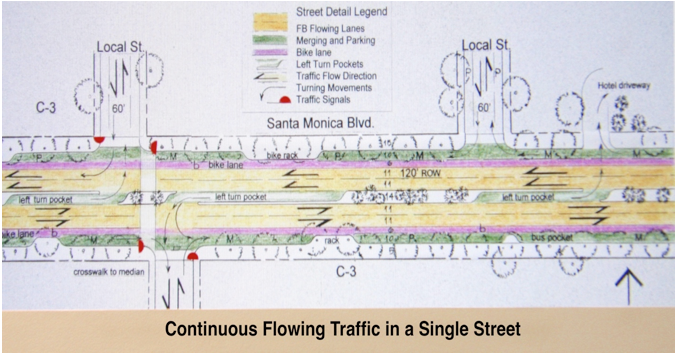
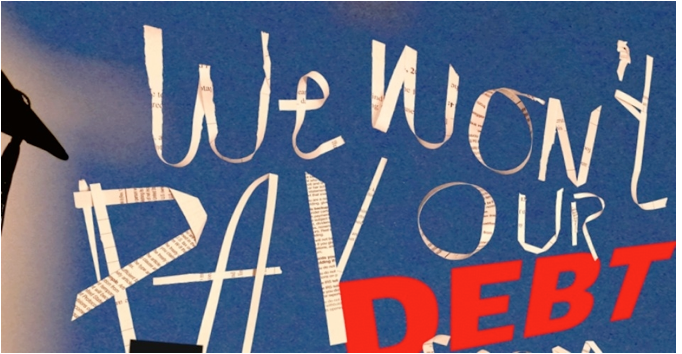
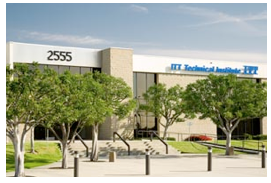 In their letter addressed to President Barack Obama and Education Secretary John King Jr. posted online Wednesday, the former students write that they are taking part in the "debt strike," which is organized by Debt Collective, to "begin to collect on your obligation to erase [the debts]."
In their letter addressed to President Barack Obama and Education Secretary John King Jr. posted online Wednesday, the former students write that they are taking part in the "debt strike," which is organized by Debt Collective, to "begin to collect on your obligation to erase [the debts]."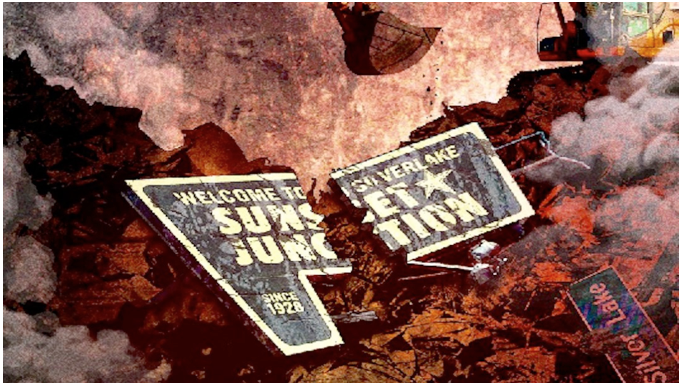
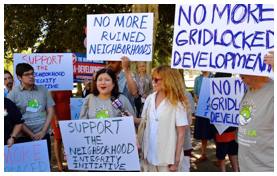 We've been thrilled by surprise endorsements from film stars Leonard DiCaprio, Kirsten Dunst, Garrett Hedlund, Chris Pine, Joaquin Phoenix and Chloe Sevigny, who are watching attempts by developers to transform such wonderfully livable areas as Silver Lake, Echo Park, Los Feliz and Studio City — all at risk of becoming the next Hollywood, California's most richly historic district that is now being methodically destroyed by the City Council to make way for skyscrapers.
We've been thrilled by surprise endorsements from film stars Leonard DiCaprio, Kirsten Dunst, Garrett Hedlund, Chris Pine, Joaquin Phoenix and Chloe Sevigny, who are watching attempts by developers to transform such wonderfully livable areas as Silver Lake, Echo Park, Los Feliz and Studio City — all at risk of becoming the next Hollywood, California's most richly historic district that is now being methodically destroyed by the City Council to make way for skyscrapers. 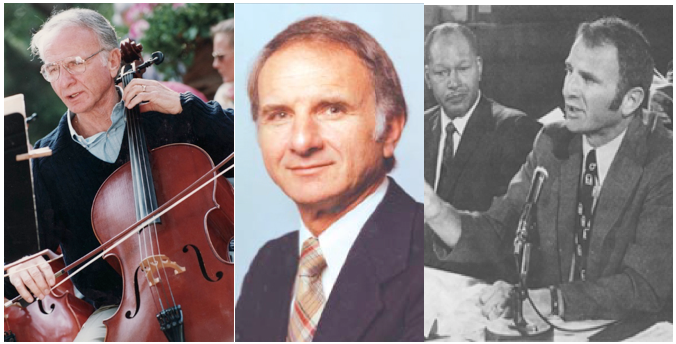
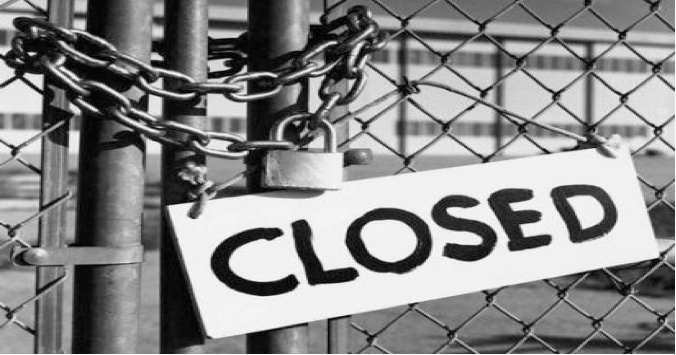
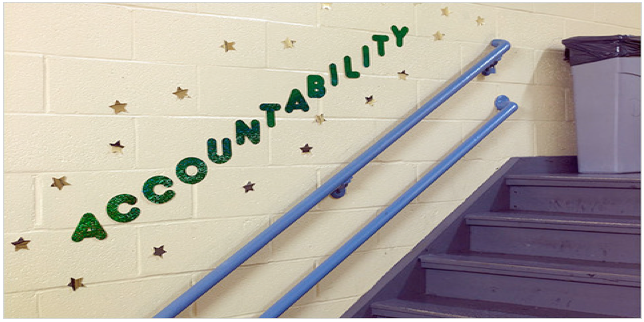
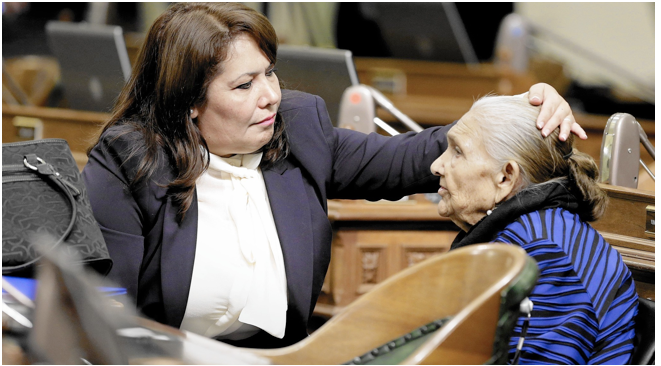
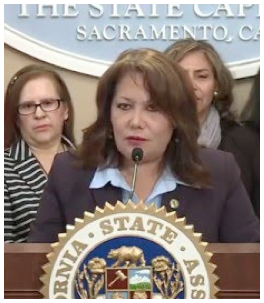 Assemblywoman Lopez’ focus on the needless loss of affordable housing is allegedly shared by the Mayor, Councilmember Krekorian and the LA City Council in general which declared homelessness to be a crisis. That is all propaganda PR for the March 2017 re-elections. All the units which Raffi Shirinian’s Urban Blox will destroy are rent-controlled units and none of the new units are affordable. However, the behind-the-scenes secret dealings with politicos to push through Raffi Shirinian’s Urban Blox destruction of affordable homes is more nefarious.
Assemblywoman Lopez’ focus on the needless loss of affordable housing is allegedly shared by the Mayor, Councilmember Krekorian and the LA City Council in general which declared homelessness to be a crisis. That is all propaganda PR for the March 2017 re-elections. All the units which Raffi Shirinian’s Urban Blox will destroy are rent-controlled units and none of the new units are affordable. However, the behind-the-scenes secret dealings with politicos to push through Raffi Shirinian’s Urban Blox destruction of affordable homes is more nefarious. 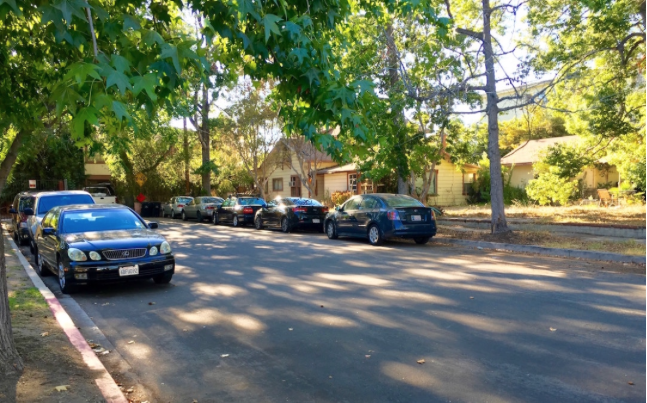 Weddington Street (photo left) sits between Shirinian’s south side of Weddington and the parcel to the north. Weddington Street is 60 feet wide. That means that without Krekorian’s ripping out all of Weddington Street’s 14,070 square feet and giving all that land to his buddy Raffi Shirinian, there is no viable project.
Weddington Street (photo left) sits between Shirinian’s south side of Weddington and the parcel to the north. Weddington Street is 60 feet wide. That means that without Krekorian’s ripping out all of Weddington Street’s 14,070 square feet and giving all that land to his buddy Raffi Shirinian, there is no viable project. 
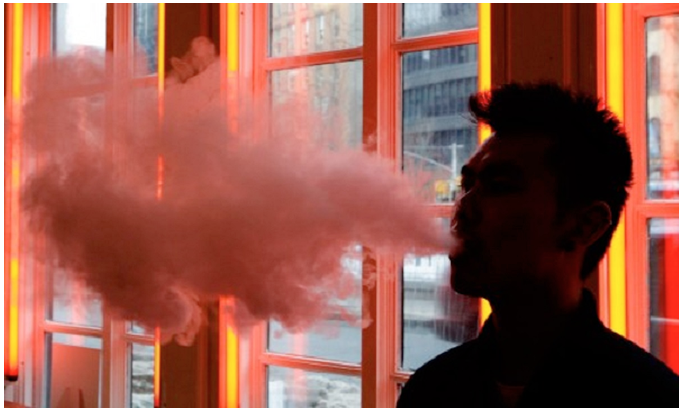
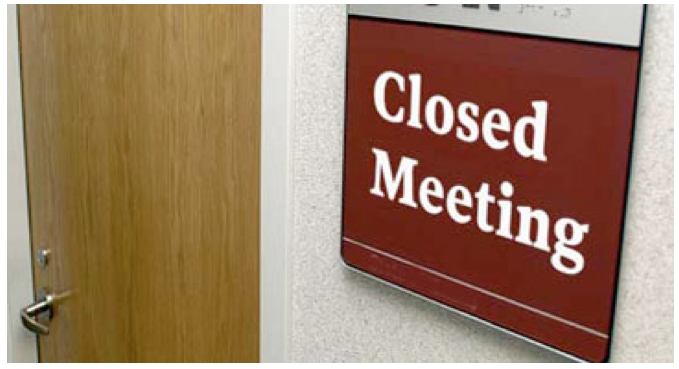
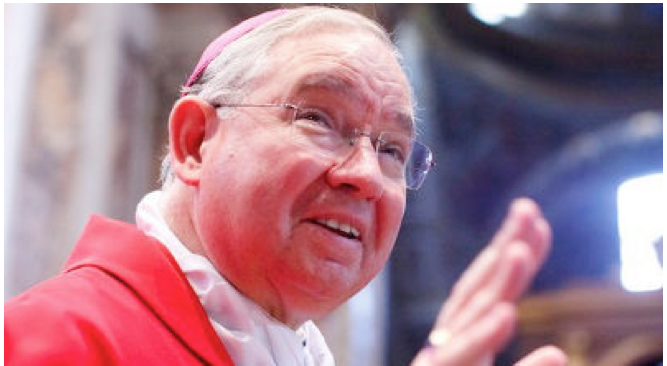
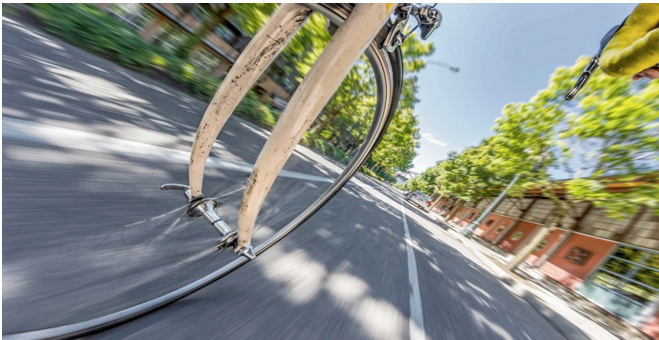
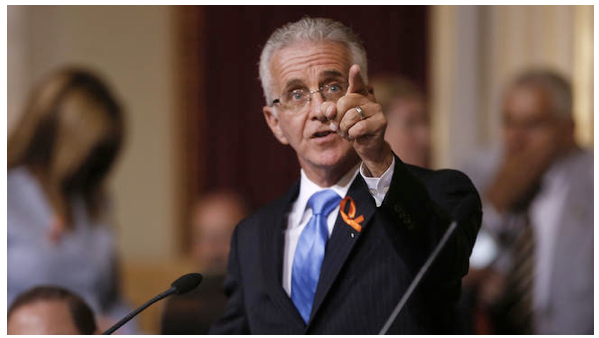
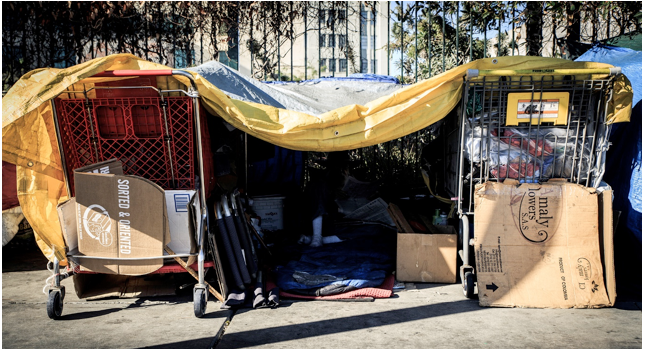
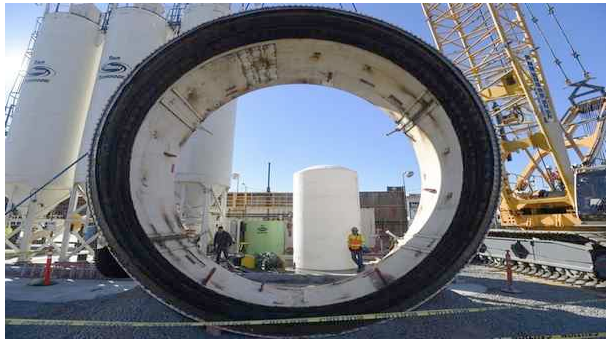
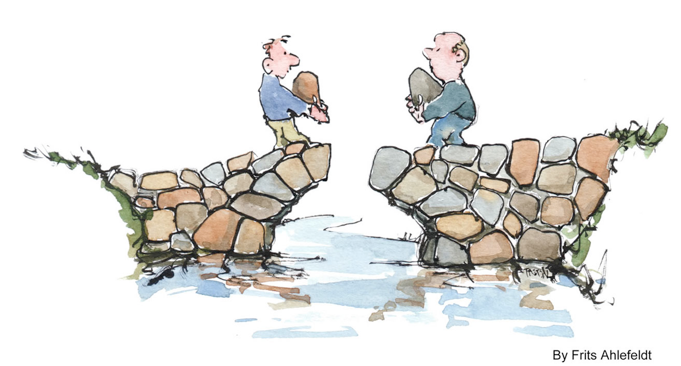
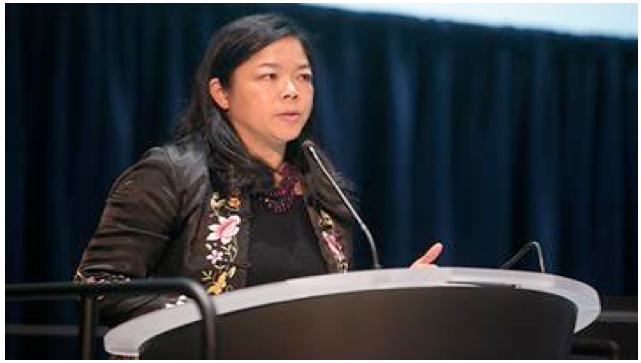
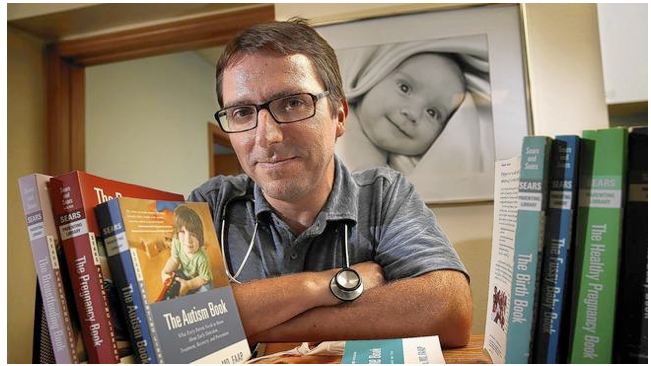
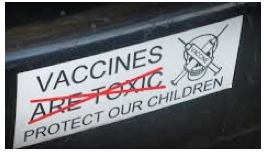 In other words, the state of California is going after Sears because of his approach to childhood vaccination. We can paraphrase the state's message to California doctors as follows: You can write vaccine exemptions when they are medically indicated, but you have to follow the principles and standards of accepted medical practice. Doctors who wish to continue playing the vaccination exemption game will probably be able to do so, but they will have to document each exemption by taking a medical history, examining the patient, and keeping adequate records. You might say that the state of California is requiring that vaccine exemption needs to be considered just as seriously as you would consider a possible case of pneumonia in a young patient.
In other words, the state of California is going after Sears because of his approach to childhood vaccination. We can paraphrase the state's message to California doctors as follows: You can write vaccine exemptions when they are medically indicated, but you have to follow the principles and standards of accepted medical practice. Doctors who wish to continue playing the vaccination exemption game will probably be able to do so, but they will have to document each exemption by taking a medical history, examining the patient, and keeping adequate records. You might say that the state of California is requiring that vaccine exemption needs to be considered just as seriously as you would consider a possible case of pneumonia in a young patient. 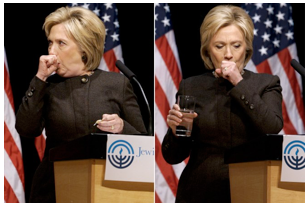 Late night comedians will be dusting off the Prevnar jokes. Unlike Vince Foster, she didn't get this one done. (If you didn't see the commercial, this line will be meaningless to you.) Reporters will explain to the Libertarian candidate that laryngitis is not a city in the middle east. Some comedian who went to college will connect Bill Clinton with the word pneumococcus.
Late night comedians will be dusting off the Prevnar jokes. Unlike Vince Foster, she didn't get this one done. (If you didn't see the commercial, this line will be meaningless to you.) Reporters will explain to the Libertarian candidate that laryngitis is not a city in the middle east. Some comedian who went to college will connect Bill Clinton with the word pneumococcus. 












